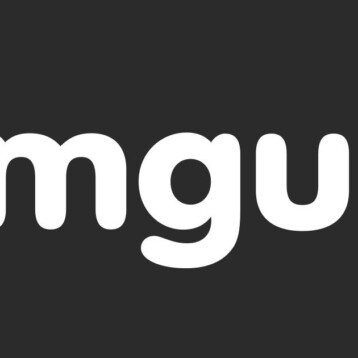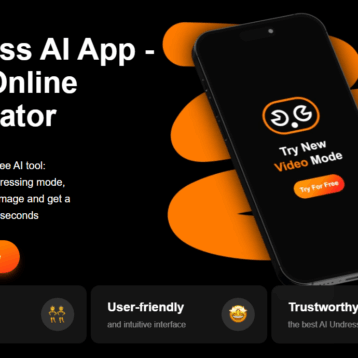|
It is estimated that one out of eight sick days in the UK is fake, causing employers to lose a staggering 25 billion dollars every year. Employers are in need of a tool that will assist them in cutting these losses. A special software developed by the UK based Digilog Company has been designed for detecting lies during face to face and telephone conversations.
The technology, named Voice Risk Analysis (VRA), is based on principals very similar to that of a lie detector. This software joins several existing technologies in the growing field of truth detection. The technology measures micro-changes in the human speech wave-form and interprets them. It provides system messages that identify a broad range of human emotional patterns, in contrast to the typical VRA systems which only test the speech for stress levels. These systems are problematic since elevated stress levels are not necessarily indicative of deception and could simply be the result of an unpleasant situation. Therefore, testing only for stress levels is not enough and other criteria such as cognitive conflict measures are used.
|
Several experiments have been conducted to test the technology. In one of them, suspects for various crimes were interrogated and their responses were analyzed using VRA technology. The study included 100 subjects, of them 25 truthful control subjects, 50 deceptive, and 25 truthful subjects, whose status was confirmed by either the examinee or another person confessing to the crime at hand. The voice analysis was found to be 89% accurate for truthful subjects and 78% accurate in finding deceptive subjects.
Another experiment was conducted in a local council office in north London, when VRA software was used for all incoming calls. The local council reported savings of 800 thousand dollars on sick days following the implementation of the system. However, as every call to the workplace began with the announcement that a VRA system was currently operating, it is not clear whether the financial gain was a result of the system recognizing deception or of simple deterrence.
There is still room for improvement in the accuracy of the tool. However, in the future, the VRA systems may have a wide variety of applications. The system could be used for suspect interrogation and may replace the controversial polygraph (which is not currently accepted as substantive evidence in many countries). The system could also help in the insurance claims field, specifically in fighting benefit claim frauds.
TFOT has previously covered a technology that enables the detection of weapons, drugs, and explosives that are hidden under people’s clothes from a safe distance. A different technology for identifying one of the most dangerous terrorist explosives, known as TATP, was also previously covered by TFOT.
More information on the VRA System can be found on the Digilog site.












